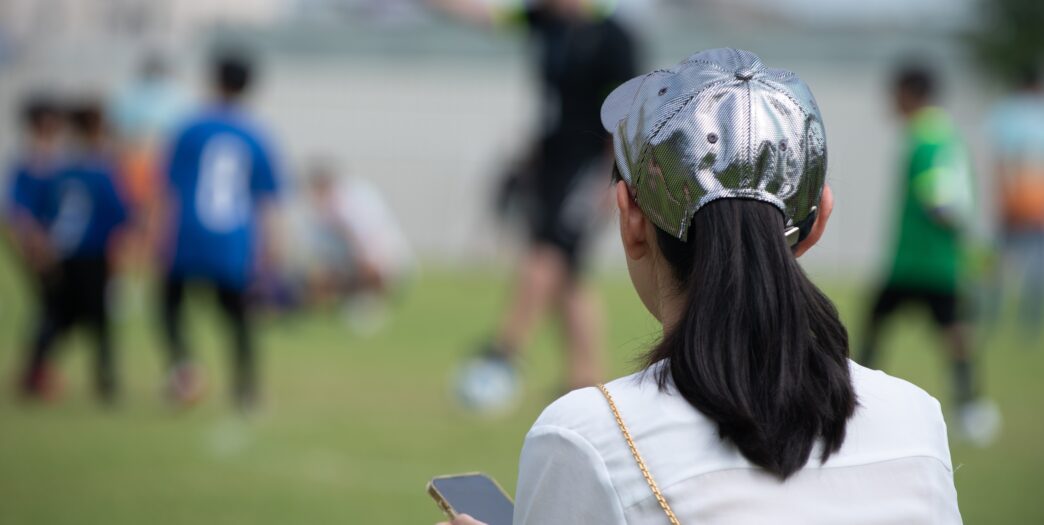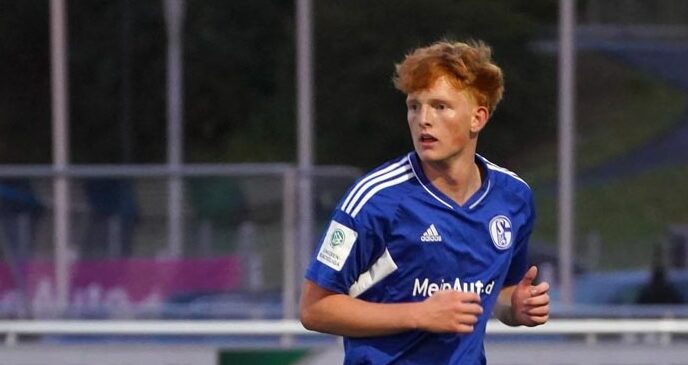Parents on the Soccer Sideline Series: Keeping Youth Soccer Positive
Every youth soccer team has them—negative parents who complain about the coach, criticize the referees, and put unnecessary pressure on their kids. Their sideline behavior can ruin the game-day experience for players, parents, and even the team itself.
So, how do you handle toxic sideline energy without creating more conflict?
In this edition of Parents on the Soccer Sidelines, SoccerToday explores effective ways to deal with negative soccer parents, offering expert tips on keeping the game fun, supportive, and stress-free for young athletes. Whether you’re a parent, coach, or team manager, this guide will help you set boundaries, promote positivity, and protect the spirit of the game.
SoccerToday Interview with Jason Pratt on Being A Positive Force As A Parent
iane Scavuzzo: Sometimes it just seems that parents can’t help themselves — when pride turns into boasting, a compliment can sound like arrogant bragging. What tips can you share to help us hold up that “mirror” until recognition sets in …
Jason Pratt: The hard thing here is that the guilty party probably doesn’t realize it – he or she isn’t self-identifying so there needs to be someone – who is respected by this person – to help.
IF A PARENT IS EXCESSIVELY BRAGGING, PERHAPS YOU CAN POINT OUT THE NEGATIVE LIFE LESSON HE OR SHE IS TEACHING — AND REMIND THE PARENT OF THE FANTASTIC OPPORTUNITY TO TEACH A GREAT LIFE LESSON IN MODESTY.
Or, if that didn’t work and I was the person stepping in to try and help this boasting parent, I might:
- Warn them of the pressure this kind of talk puts on the child who may overhear it, or hear second-hand. “I need to keep up a certain level of impressive play or I’m going to be a disappointment to my overly proud mom/dad.”
- See if you can get them to focus on the child’s effort and work ethic over results — for example, which team they are on, how excited they were to come to the game, how hard they practice, etc.
At least you’re now focusing on things the child can control and the behaviors that ought to make you proud over making the “A” team and those kinds of results. Be proud of their commitment, effort, the process of learning, self-control, resilience, etc.
Perhaps you can also ask the soccer parent how it feels when other parents start boasting endlessly about their own kid — do they like it and how do they think it makes their player feel if they overhear it?

Diane Scavuzzo: What can a parent do when another team parent “constructively” criticizes their kid? How can a parent handle controversy with dignity?
Jason Pratt: There are many possible things you can do if you feel its necessary to speak with the parent.
I strongly suggest being very focused on communicating your message and then letting it go. There is nothing to be gained by staying focused on winning your argument.
Some of the points that might make sense include:
- With every mistake that is made, my child is learning. I’m proud of him or her for putting herself out there to try, even knowing that there might be some people here judging her.
- This is youth sports – it’s about learning life lessons and enjoying the time playing the game. Players are here to learn.
THIS IS A GAME. IT FEELS LIKE THIS IS WHAT WE SHOULD FOCUS ON — THE FUN OF THE GAME.
Years from now, nobody is going to care about the little mistakes a player made on the field. Or even the outcome of this specific game – but hopefully they will have happy memories of playing the game of soccer and become lifelong fans of the world’s most popular sport!
Diane Scavuzzo: Sometimes a parent is very negative – any suggestions?
Jason Pratt: Parents are people, and sometimes people have bad days. Perhaps the parent’s negatively is a one-time occurrence – but if it is an ongoing issue, perhaps you might want to try talking to that parent. If that doesn’t help, maybe you can try seeking assistance from the team manager or the soccer coach.

Diane Scavuzzo: Has parental sideline behavior improved in recent years? Has bad behavior become unpopular yet?
Jason Pratt: Yes, parent behavior has improved, but only when there has been an investment in parent education.
IT IS SIMPLE. ORGANIZATIONS THAT INVEST IN PARENT EDUCATION HAVE A HAPPIER AND HEALTHIER PARENT SIDELINE.
Today’s youth soccer clubs simply cannot afford to hope that their soccer parents are properly supporting the players, coaches, and organization and then do nothing to work towards that.
I’ve certainly seen touchlines where a negative parent has been given a look or some kind of verbal response because it no longer fits the culture of that particular organization. And the bad behavior stops. It does happen.
Good sideline behavior isn’t an accident — this is the direct result of the club prioritizing parent education instead of using the “can’t afford it” excuse. Soccer-educated parents frown on bad sideline behavior. Soccer parents can regulate each other effectively and efficiently.
In my opinion, the cost is too high NOT to support parents and provide them with the basic understanding of how their behavior impacts everyone, including their kids. Clubs simply can’t afford to ignore it parent education.
Jason Pratt is the Founder of ProConnect Sports (supporters include Jeff Tipping) and Partnership Manager for Positive Coaching Alliance (supporters include Claudio Reyna).















